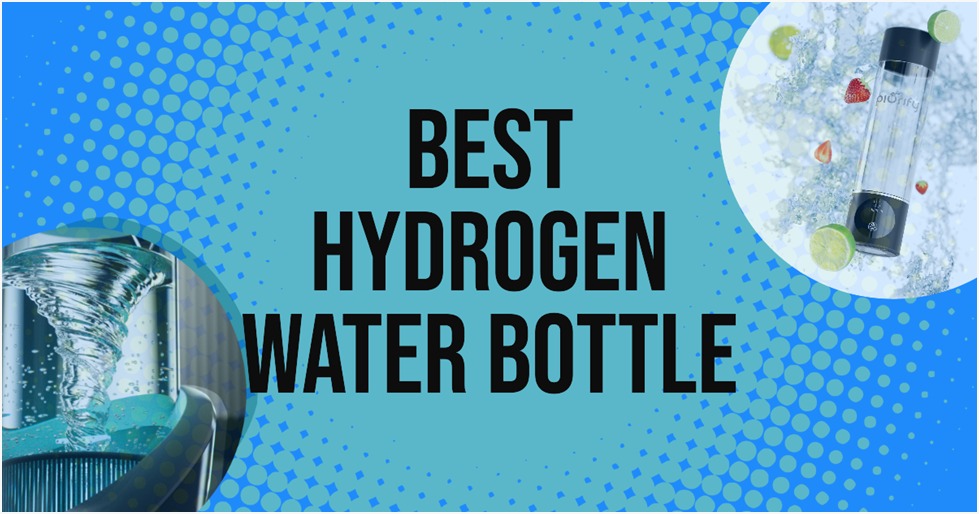When it comes to hydration, not all water is created equal. Hydrogen water, which is water that has been infused with hydrogen gas, is touted for its potential health benefits, including improved energy levels, reduction in inflammation, and a host of antioxidant properties. As the interest in health and wellness continues to grow, so does the popularity of hydrogen water bottles, devices designed to infuse water with hydrogen gas.
Whether you’re a fitness enthusiast, someone interested in health optimization, or simply curious about the latest wellness trends, purchasing a hydrogen infused water bottle can be an intriguing option. But picking the best product might be difficult given the range of options available. Here are five important things to think about before making a purchase.
1. Hydrogen Concentration
One of the most critical factors to consider is the hydrogen concentration that the bottle can produce. The potential benefits of hydrogen water are dose-dependent, meaning the concentration of hydrogen plays a significant role in its effectiveness. Generally, a concentration of 0.5 to 1.5 ppm (parts per million) is considered effective. Some high-end models can even achieve higher concentrations. It’s important to choose a bottle that can consistently produce a sufficient level of hydrogen-infused water to ensure you’re getting the potential health benefits.
2. Quality And Durability
The quality and durability of the hydrogen water bottle are also crucial. These bottles are an investment in your health, so you’ll want something that’s built to last. Look for bottles made from high-quality materials like food-grade stainless steel or BPA-free plastic. Additionally, focus on the design and construction of the bottle. A sturdy, leak-proof design is essential for a product that you’ll likely take on the go. Some models also feature glass interiors with stainless steel or plastic exteriors, which can be a good compromise between durability and purity of taste.
3. Battery Life And Charging Convenience
Most hydrogen water bottles are powered by rechargeable batteries. The battery life may differ significantly between models, from a few hours to several days on a single charge. Consider how often you’ll be using the bottle and whether you’ll have access to a power source to recharge it. Some bottles come with USB charging, which can be particularly convenient for recharging from a laptop, power bank, or car USB port.
4. Ease Of Use And Maintenance
The user experience is another essential factor. Look for a hydrogen water bottle that is easy to operate and maintain. Ideally, the bottle should have simple controls for starting and stopping hydrogen infusion and clear indicators for battery life and operation status. Maintenance is also a key consideration; the bottle should be easy to clean, with detachable parts that are dishwasher safe and can be cleaned by hand. Some bottles also have self-cleaning functions, which can be a significant advantage for long-term maintenance.
5. Price And Warranty
Finally, consider the price and the warranty provided with the hydrogen water bottle. Prices can range widely based on the features, quality, and brand. While it may be tempting to go for the cheapest option, investing in a higher-quality bottle that comes with a solid warranty can save you money in the long run. A good warranty not only provides peace of mind but also indicates the manufacturer’s confidence in their product. Look for warranties that cover a year or more, and pay attention to what is included in the warranty coverage.
Conclusion
Choosing the right hydrogen water bottle requires careful consideration of various factors. The concentration of hydrogen it can produce, the quality and durability of the bottle, battery life, ease of use, and price are all important aspects to weigh before making a purchase. By taking the time to research and select a bottle that meets your needs, you can enjoy the potential health benefits of hydrogen water with convenience and style. Remember, the best bottle for you is one that fits your lifestyle, preferences, and health goals, so consider these factors carefully to make an informed decision.




